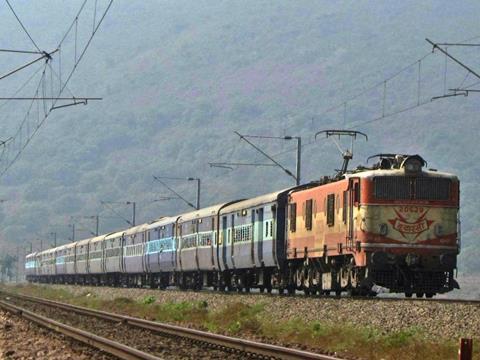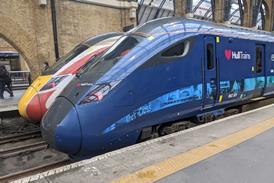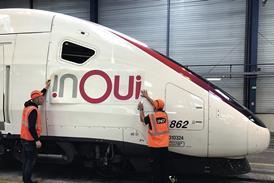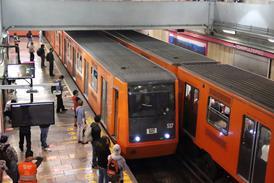
INDIA: Creation of the Rail Development Authority of India to act as an independent railway regulator was announced by the government on April 5. The move is part of an ongoing reform of the transport sector, following the scrapping of the separate railway budget.
RDA is to be established under an executive order, which will later be strengthened by legislation, and will have a budget of Rs500m for its initial five-year term. The government is to appoint the first chairman and three board members, from a list of nominees to be drawn up by a cabinet committee. The authority will also be able to recruit its own experts.
As an independent and quasi-judicial body, RDA will have a wide ranging remit, including the promotion of competition within the rail sector. It will oversee Indian Railways’ decisions on fares and tariffs, protect consumer interests, and suggest measures for enhancing non-fare revenue. It has been tasked with creating a positive environment for investment, promoting efficient resource allocation and benchmarking service standards, as well as proposing the introduction of new technologies and overseeing human resource development.
The need for an independent rail regulator had been recommended by a number of reviews since 2001, with the National Transport Development Policy Committee calling in 2014 for full institutional separation between IR’s policy, regulatory and management functions. In his 2015-16 budget speech, Minister for Railways Suresh Prabhu said an independent regulatory mechanism would facilitate ‘the orderly development of infrastructure’, enable competition and protect customer interests.
RDA is expected to move the rail sector towards market-led tariffs and full cost recovery, eliminating the present cross-subsidy between freight and passenger operations. IR’s passenger business reported a loss of Rs360bn in 2016-17, while higher freight charges have contributed to a declining market share.
Although its oversight of tariffs is to be advisory, RDA is expected to put pressure on the government to compensate IR if fares are kept artificially low for political reasons. However, its rulings on performance standards and penalties will be mandatory. The independent regulator will provide safeguards to PPP investors in the rail sector and resolve disputes over future concession agreements.
‘This is one of the biggest reforms in the rail sector’, said Prabhu. ‘It will improve the services offered to passengers, provide comfort to investors and enhance transparency and accountability. The authority will rationalise the entire fare structure for the railways. We will keep rationalising fares to meet market demand.’

















